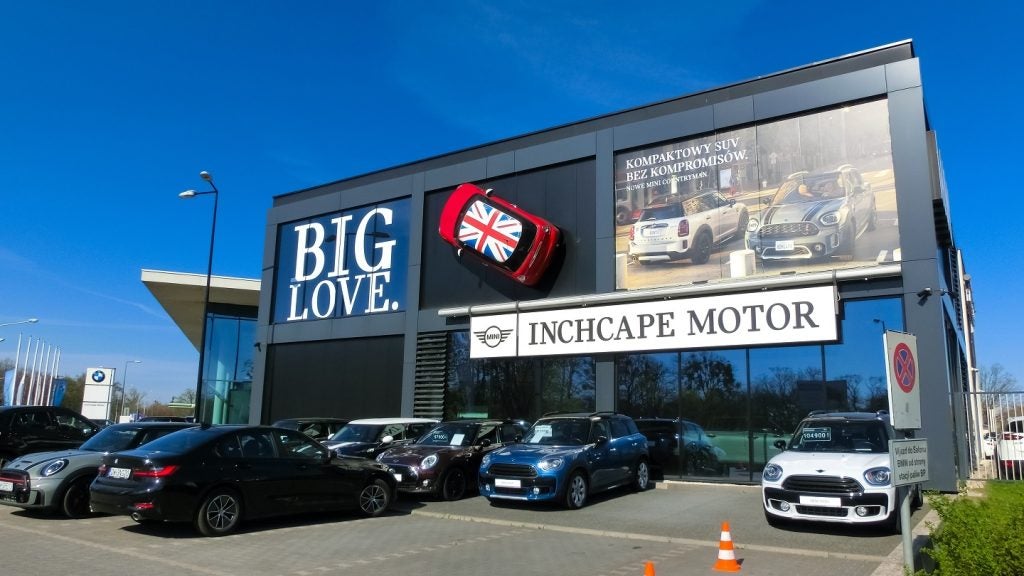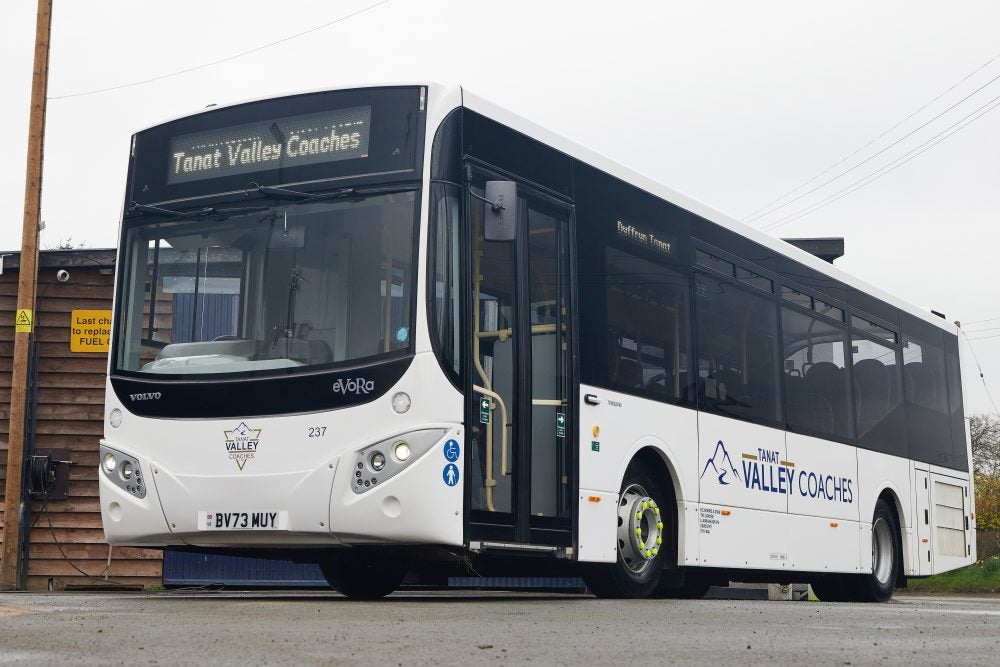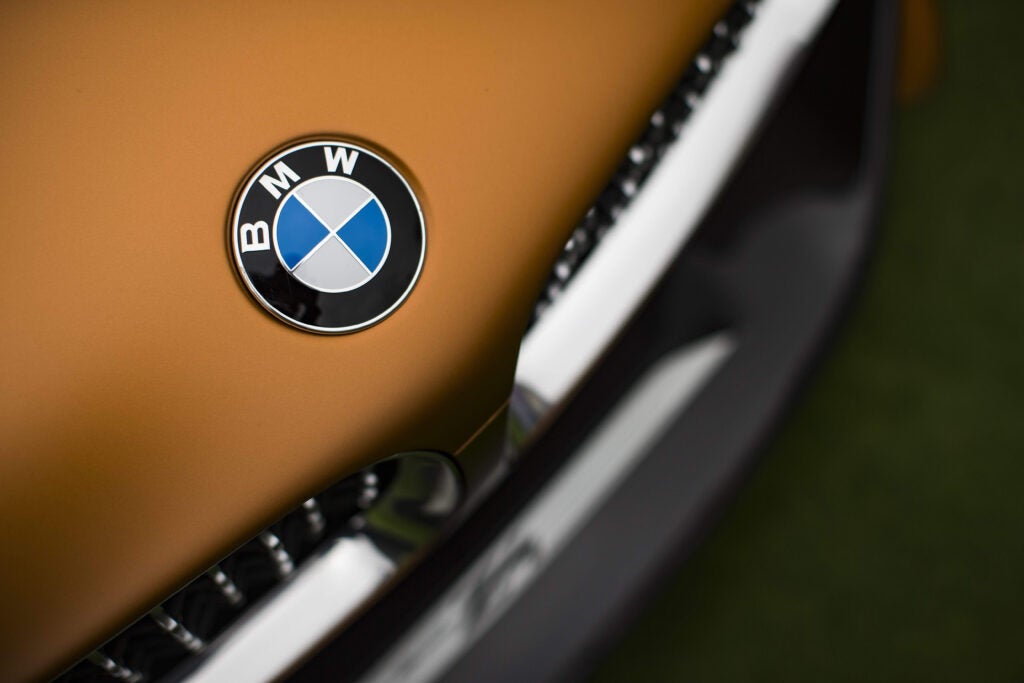UK commercial vehicle lessor Asset Alliance Group recently agreed a three-way financing arrangement with its outgoing PE partner and new private and commercial bank funder, Alejandro Gonzalez spoke to the company’s chief executive Willie Paterson.
Even before the outbreak of Covid-19, the global commercial vehicle industry was under significant pressure, from tailpipe emission restrictions and greenhouse gas regulations to the disruptive effects of alternative fuels, electric vehicles and big data.
For leasing companies such as Asset Alliance Group (AAG), which operate more than 4,000 heavy vehicles such as trucks and buses in the UK, the pandemic has added yet another layer of complexity to a rapidly evolving industry.
According to some observers, Arbuthnot’s move into commercial vehicle financing – considered a departure from traditional private and commercial banking territory – is explained by their strategy of diversifying into specialist commercial finance, consistent with them starting an invoice discounting business, Arbuthnot Commercial Asset Based Lending and acquiring an asset finance business, Renaissance Asset Finance.
Asset Alliance Group
Willie Paterson, who has almost 30 years’ experience working for UK banks and leasing businesses, set up the business as a specialist lessor for commercial vehicles in the wake of the 2008 banking crisis.
How well do you really know your competitors?
Access the most comprehensive Company Profiles on the market, powered by GlobalData. Save hours of research. Gain competitive edge.

Thank you!
Your download email will arrive shortly
Not ready to buy yet? Download a free sample
We are confident about the unique quality of our Company Profiles. However, we want you to make the most beneficial decision for your business, so we offer a free sample that you can download by submitting the below form
By GlobalDataHe recalls that soon after setting up the business, the company noticed a growth in demand from customers for suitable funding due to the high cost of bank debt for SMEs as well as the increased collateral requirements, thanks to “the lingering effects of the credit crunch.
”In 2011, with debt-raising and investment advice from Deloitte, the company branched out as a truck and trailer finance provider.“We were about a year into that process when Cabot Square Capital came on as a willing investor,” he recalls.Cabot – a provider of investment capital for SMEs with a focus on businesses in financial services, property and infrastructure – backed AAG with a £25m fund, of which only £19m was drawn down. There was also a £4m investment by the AAG management board, including Paterson.
The work on Cabot’s exit strategy, which began in Q3 2019 was largely completed by May 2020. At that point “we were ready to bring our agreed strategy to market when Covid-19 happened,” he recalls.
Along with the rest of the country, Paterson believed the pandemic would be over in three or four months. “We, along with Cabot, decided to hold fire, waiting for a healthy market to return” but somewhere along the road the company directors had a change of heart about the kind of funding partnership it wanted going into the pandemic.
As a former executive with FTSE100 bank Alliance & Leicester, Paterson says he’s fully aware of “the uncertainties” of dealing with traditional banks and bank-owned lessors “and what is an undoubted requirement for banks to retrench and regroup” during a crisis.
“We rethought our plan and decided, rather than raise capital through the sale of shares, we would seek out challenger banks for discussions. From a shortlist of about five, we very quickly agreed on exclusivity with Arbuthnot Latham in about three months.”
Before the acquisition by Arbuthnot, Paterson says the majority of AAG’s lending was residual value-led, meaning the company did very little hire purchase and finance lease business.
“With Arbuthnot, we will be doing a more blended business, and the challenge for me will be, how do I plan my residual value exposures and how to I hedge that position given the new uncertainties, new greener technologies?” Paterson asks rhetorically.
AAG’s five-year growth strategy will see the company grow its fleet from just under 5,000 assets today to 8,000 in three years, accompanied by annual lending of between £350m (in three years) to £500m (in five years), Paterson said.
“I believe there is an opportunity for us to flourish over the next few years now that we have certainty of funding that is far more competitive than what we had previously, so I think that puts Asset Alliance Group in an extremely strong position.”
Part II: Life after the ICE age: in conversation with the chief exec of Asset Alliance Group







